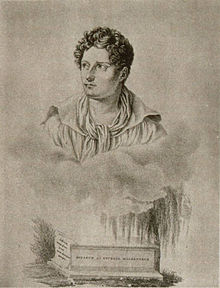.mw-parser-output .hidden-begin{box-sizing:border-box;width:100%;padding:5px;border:none;font-size:95%}.mw-parser-output .hidden-title{font-weight:bold;line-height:1.6;text-align:left}.mw-parser-output .hidden-content{text-align:left}@media all and (max-width:500px){.mw-parser-output .hidden-begin{width:auto!important;clear:none!important;float:none!important))You can help expand this article with text translated from
the corresponding article in French. (May 2011) Click [show] for important translation instructions.
View a machine-translated version of the French article.
Machine translation, like
DeepL or
Google Translate, is a useful starting point for translations, but translators must revise errors as necessary and confirm that the translation is accurate, rather than simply copy-pasting machine-translated text into the English Wikipedia.
Do not translate text that appears unreliable or low-quality. If possible, verify the text with references provided in the foreign-language article.
You must provide
copyright attribution in the
edit summary accompanying your translation by providing an
interlanguage link to the source of your translation. A model attribution edit summary is Content in this edit is translated from the existing French Wikipedia article at [[:fr:Auguste Joseph Caron]]; see its history for attribution.
You may also add the template ((Translated|fr|Auguste Joseph Caron)) to the
talk page.
For more guidance, see
Wikipedia:Translation.
Augustin Joseph Caron (1774–1822) was a lieutenant colonel in the French army during the Bourbon Restoration.
He was accused and acquitted of conspiracy in 1820. In 1821 he was again implicated in a conspiracy, this time for attempting to free soldiers involved in the Belfort Conspiracy. To circumvent claims of entrapment, the government brought Caron before a military tribunal. Despite public skepticism, Caron was convicted and executed in 1822.[1]
